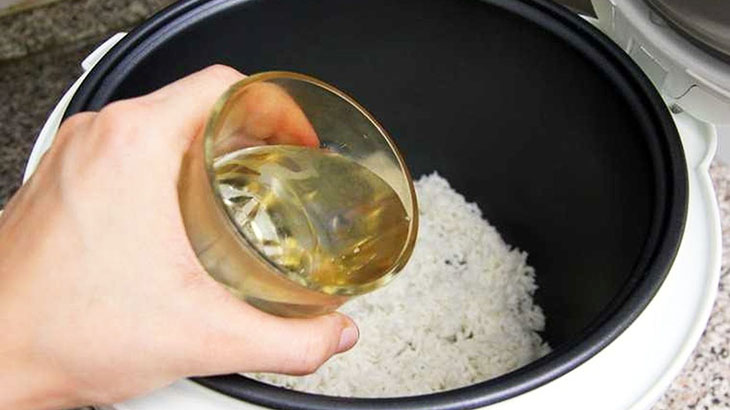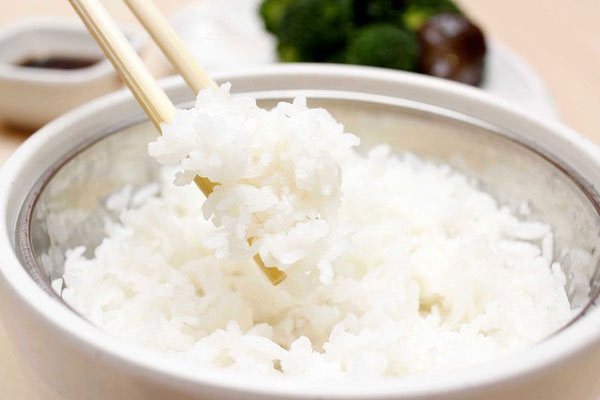Why should you add a few drops of lemon juice to cook rice?
Adding lemon to cooking rice does not make the rice sour but it will help the grains become whiter and not stick to the pot. Moreover, on hot days, this trick also helps you avoid the rice from being spoiled and wasted. Adding a few drops of lemon juice to the rice cooker will make the grains tender, fragrant, easy to fluff, and whiter.
Instructions: Wash the rice with clean water and put it in the rice cooker. Before turning on the stove, add a teaspoon of lemon juice to the rice cooker and stir well. Cook the rice as usual. The lemon juice will make the grains tender, fragrant, easy to fluff, and whiter. By following this method, your family members will enjoy a more delicious meal and eat more rice. You can replace the lemon juice with vinegar. Use 2ml of vinegar for every 1.5kg of rice.

In addition to lemon juice, you can also replace it with a few teaspoons of vinegar which will achieve similar results. Here’s how: put the rice into the pot, add the appropriate amount of water, then pour in a little vinegar. Use 2ml of vinegar for every 1.5kg of rice, do not pour too much vinegar as it will make the rice sticky and sour. Then you just need to plug in the rice cooker and press the power button as usual. With this method, the rice not only stays fresh longer but also tastes better than the usual cooking method.
Furthermore, to enhance the flavor of the rice, you can also add a few grains of salt to the cooking process, which will give the rice a unique and delicious taste. At the same time, salt also helps preserve the freshness of the rice.

How to cook rice with salt
First, add a little salt to soak together with the rice. Do not soak for too long to avoid losing important nutrients. After soaking the rice for a while, pour the rice into the pot and add the appropriate amount of water. Finally, add a small pinch of salt to the pot before plugging in and pressing the power button. That’s all it takes to make the rice stay fresh longer.






























